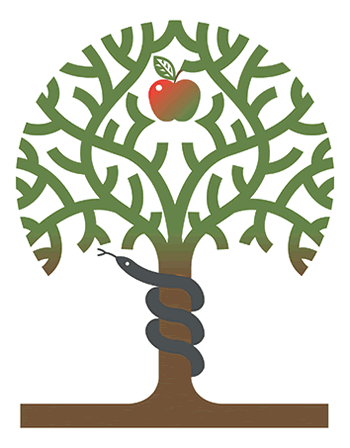The Wisdom of Genesis

By Bridget
Taumoepeau
Recently I had two young grandchildren to stay. On one occasion the older one announced that she was going to a specific room to have ‘a quiet time.’ When the younger one asked what he could do, I suggested that he might like to write or draw or read, but that he should not go into the aforementioned room where his sister was reading quietly.
Off he went, and within moments there were shrieks of protest. My grandmotherly inquiry as to ‘what is going on?’ was met with the reply, ‘nothing!’ On further exploration of the situation it transpired that despite having a large house, including a room dedicated to arts and crafts, Junior had felt drawn to the ‘forbidden’ room, knowing, I am sure, that that move would be provocative.
As I tried to sort out the situation, I was met with protestations as to whose fault it was, who started the row, why it had escalated -- lots of blame being thrown back and forth.
Immediately, the story of the forbidden Tree of Knowledge came to mind. It struck me how wise the Old Testament writers were in their understanding of human behaviour. Long before the development of the science of psychology, they absolutely understood the attraction of the forbidden; the desire to outwit someone; the foolish belief that one could hide these transgressions from others, especially those in charge; the wish to divert blame away from oneself to another; and so developed the story of the Garden of Eden and humanity’s relationship with God, as well as with good and evil (Genesis 3).
This is one of many examples of the beauty of the Bible, that even today covers the events and temptations of everyday life; of relationships with God and between people; and guidelines as to how to deal with our shortcomings, so as to lead our lives for the betterment of all.
 Entries(RSS)
Entries(RSS)